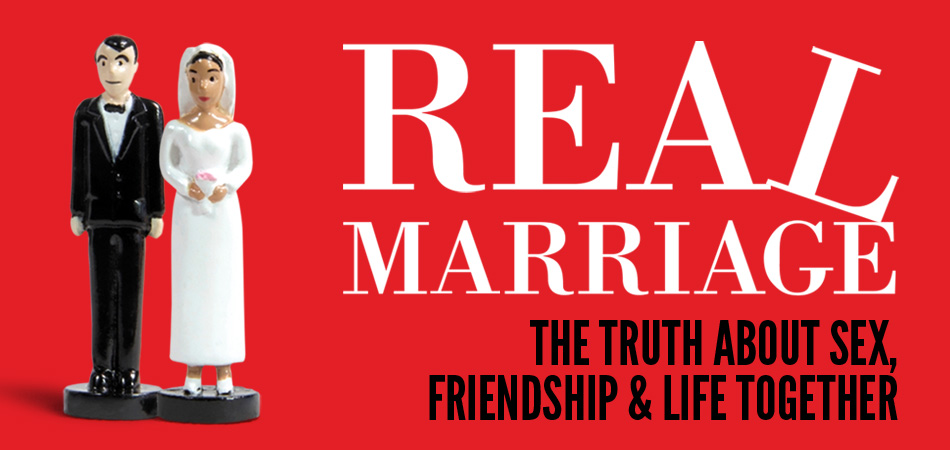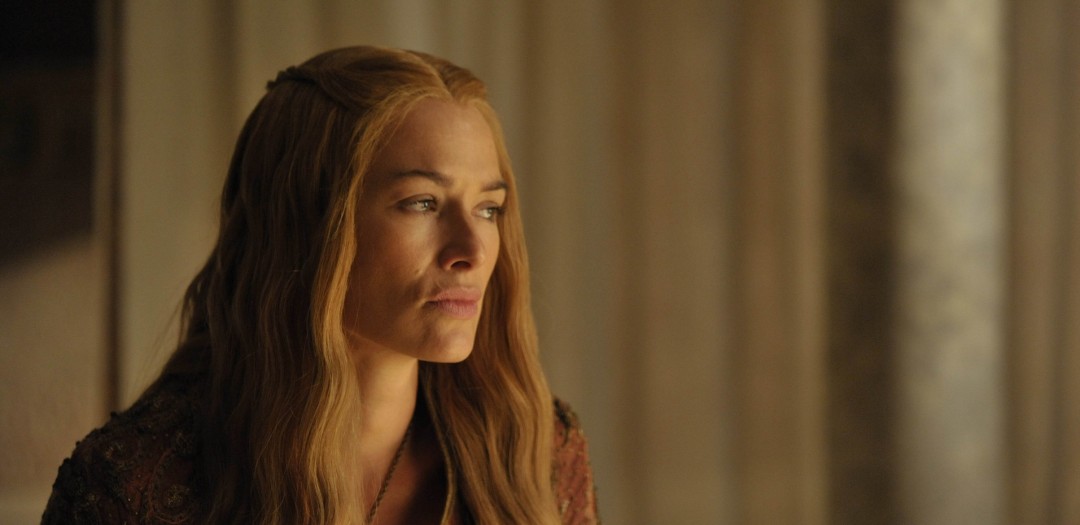[content note for discussions of violent racism]
I’ve been paying close attention to the conversation my country is having about the realities of racism in police action for four months, ever since Darren Wilson killed Michael Brown. Thankfully, the discussion has expanded beyond just Ferguson and I am hopeful that this could be a lasting, substantial movement. I’m going to attend the Justice for All March, and if any of you are within the Washington D.C. area and can make it Saturday morning, I urge you to come and be a part of this. I believe it will be a significant moment.
However, since August, I’ve had to avoid conversations about Ferguson, police action, and racism in my private life. I’ve hidden and unfriended so many people on Facebook over the last few months and I still can’t get away from it. Last week a friend of mine commented on an article a friend of hers had posted about Ferguson, and curious, I went to see what she’d said.
Right above her comment was a picture of a semi-truck that was covered in what was obviously supposed to be blood; the caption was “I drove through Ferguson. Didn’t notice any problems.”
I thought I was going to throw up.
And now, scrolling through my Facebook feed makes me nervous. If something even hints at being about rape or racism or sexism I steer far, far away from it; and I also know that I’m not the only person doing this. I’m not the only person who has to mentally steel herself before checking social media, who spends half of the day flinching.
I’ve talked about my desire to create safe spaces for myself in my personal and online spaces and have been accused, more than once, of trying to build myself an echo chamber, and since I talked about one of the dangers of echo chambers last week, I thought it might be a good idea to talk about the difference between safe spaces and echo chambers.
One of the things I want all of you to know is that you do not have to tolerate the presence of assholes in your life just for the sake of “trying to keep an open mind” or avoiding the idea of an echo chamber. If you are in a Facebook discussion with a friend, peer, colleague, or relative, you are not obligated to continue a “discussion” you find unpleasant, and you don’t have to have anything specific to point to in order to have a valid reason for abandoning it. “This is making me upset” is the only reason you need, and you do not owe it to anyone to explain that.
Another thing that’s important to understand is that you don’t have to constantly be engaging with people who viciously disagree with you in order to avoid being in an echo chamber. When I feel mentally prepared, I go and look for articles written from a perspective I disagree with. I read things from Breitbart, and Fox News, and The Blaze, and Christianity Today, because I think it is valuable to at least be aware of what those sorts of people are saying—but I only do that when I am in the mood.
You don’t have to douse your life in perspectives you find distasteful or disagreeable. Being conscientiously aware is possible without having to face it every single time you log in to Facebook.
I am also selective about the sorts of conservative friends that I have a dialog with. I am still friends with many conservatives—online and off—and I enjoy talking to them about things because we are capable of having an actual conversation that doesn’t devolve into Bible references and invectives. There’s a difference between talking with my staunchly pro-life college professor and the man who posted that picture of the blood-spattered semi. One conversation could be productive, even insightful: the other is guaranteed to be a trainwreck-level nightmare.
And lastly, from my personal experience of running a blog, I think it’s pretty much impossible to build an echo chamber unless you intentionally and systematically go about cutting yourself off from every single source of information and every single person who doesn’t totally agree with you. I have a lot of very progressive, very liberal, very feminist, very queer friends, and a few months ago I got into a discussion with one about whether or not Robin Thicke’s “Blurred Lines” contributed to rape culture. She said it didn’t, I said it did.
That sort of thing happens a lot. From the interactions I’ve had with many of you, most of you are here because you enjoy the sorts of things I say or the way I say them or something—but that doesn’t mean you agree with me about every single thing I write always. I love that. I go out on a limb with some of the things that I write—writing them in such a way as to inspire discussion. I can’t tell you how much I appreciate it when it happens.
Just the other day, a commenter pointed out something that she thought I’ve been doing wrong in the way I’ve handled Grace’s participation in Real Marriage, and after reading her comment, I agreed with her and committed to not doing that thing anymore.
So, even if all of the people you talk to in your real life and online agree with you on several basic principles, you’re still probably not in an echo chamber.
Which begs the question: when are we in echo chambers?
Personally, I feel that I’m shutting myself up in an echo chamber when I start seeing the people I disagree with as inhuman—and that is a struggle some days. Yesterday Matt Walsh posted a … I don’t even know how to describe that thing he put out on the internet. It was the post of refuse, the post of filth, the post of putrescence. Rubbish, Filth. Slime. Muck.
Anyway, when a man writes something like that and flings it out into the void, it does make me wonder if he is an actual human being with a heart—and that’s wrong. I think what Walsh does is monstrous, but he is still a human being created with the image dei and beloved by God.
As hard as that is for me to imagine.
Walsh is an extreme example, but when we reduce those who disagree with us to “opponents” or “conservatives” or “liberals”—when we take the position that this one thing that I disagree with you about right now is all you are, we are doing something wrong.











